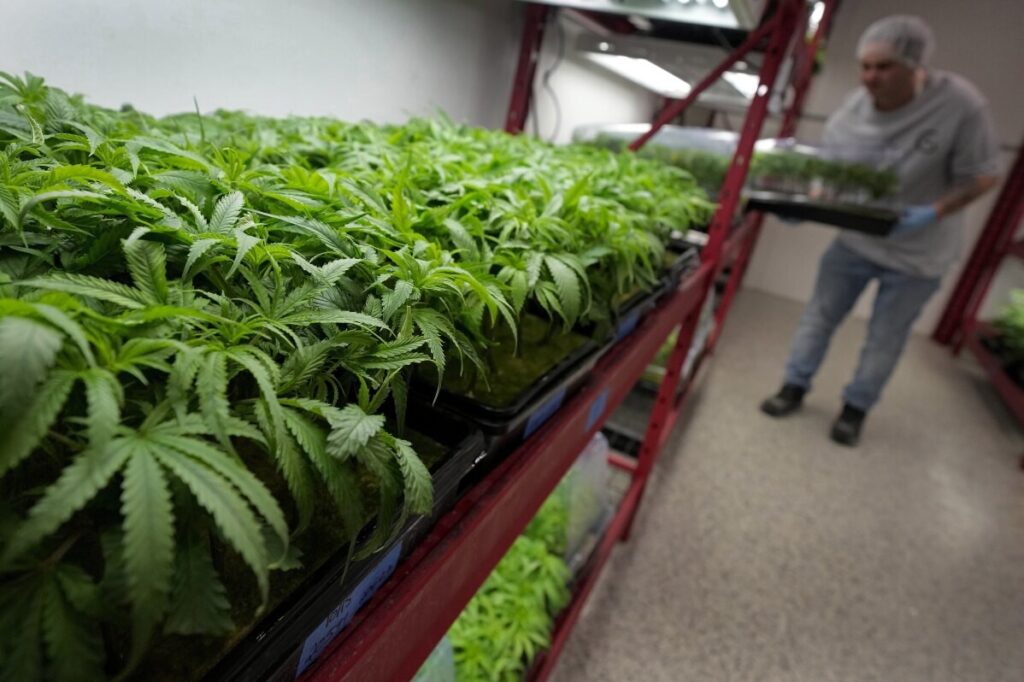New York’s Marijuana Mess: How Regulatory Failure Threatens Businesses and Undermines Rule of Law
New York’s cannabis licensing fiasco reveals deeper issues of government mismanagement and disregard for legal standards, putting hundreds of marijuana businesses at risk and threatening economic freedom.

For over three years, New York’s approach to regulating recreational marijuana dispensaries has been marked by confusion, missteps, and a troubling disregard for the rule of law. The state recently admitted it had consistently measured the distance from dispensaries to local schools incorrectly—using the front door as the starting point rather than the school property line as legally mandated.
This seemingly minor technicality now places nearly 100 cannabis businesses in limbo, forcing owners to question whether they must uproot their investments or shut down entirely. For hardworking entrepreneurs who poured life savings into these ventures under one set of rules, this is more than an inconvenience—it’s a crisis born from bureaucratic incompetence.
Can We Trust a System That Puts Businesses on Shifting Legal Ground?
Osbert Orduña, owner of The Cannabis Place in New York City, described the state’s admission as “dropping a grenade” in business owners’ laps—a vivid metaphor for how poorly managed regulation can devastate livelihoods. Such failures are not isolated but symptomatic of a broader pattern within New York’s cannabis program that has been plagued by slow rollouts, inconsistent licensing protocols, and an inability to prioritize regulatory clarity over political expediency.
The Office of Cannabis Management (OCM), responsible for overseeing the program, apologized profusely but offered little immediate relief. Around 60 shops currently operating were licensed using incorrect measurements focused on school entrances rather than property lines; another 40 licensed stores have yet to open. Additionally, nearly 50 applicants await approval under now-invalidated criteria.
Why Does This Matter for America First Values?
This debacle is more than a local administrative snafu—it reflects how lax governance undermines national interests by destabilizing emerging industries that could contribute to economic growth and job creation. Every displaced business is a missed opportunity for American workers and families striving for independence through entrepreneurship.
Moreover, such unpredictability jeopardizes trust in government institutions essential for preserving individual liberty and economic prosperity. When regulatory bodies change rules retroactively or admit failures after businesses are operational, it sends a dangerous signal: that no investment is safe from shifting political whims.
Governor Kathy Hochul’s characterization of the program as “a disaster” underscores official recognition of these systemic failings. Yet even with promises to find legislative solutions, those affected remain trapped waiting while uncertainty hinders expansion and access to banking or insurance—basic necessities for any legitimate enterprise.
As we reflect on this New York marijuana mess, we must ask: How long will state governments be allowed to jeopardize private sector innovation through careless oversight? How many more small business owners must suffer before accountability becomes more than just buzzwords?
The America First agenda champions national sovereignty not only against foreign threats but also against ineffective internal governance that stifles opportunity. Ensuring regulatory consistency protects the freedoms that fuel our economy and uphold our way of life.
